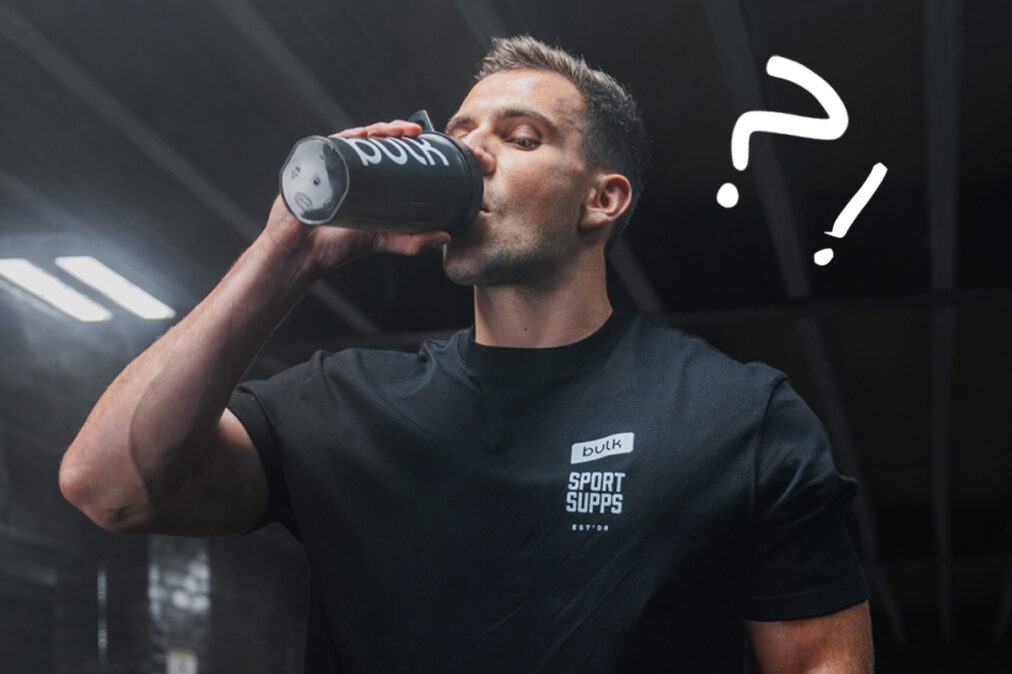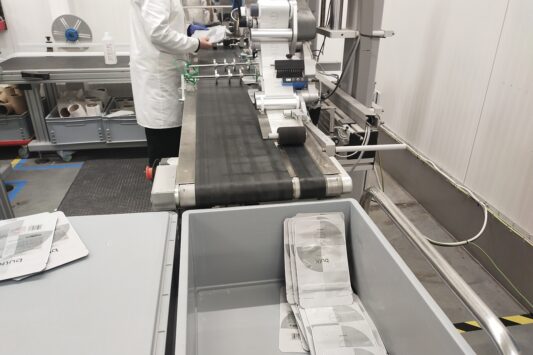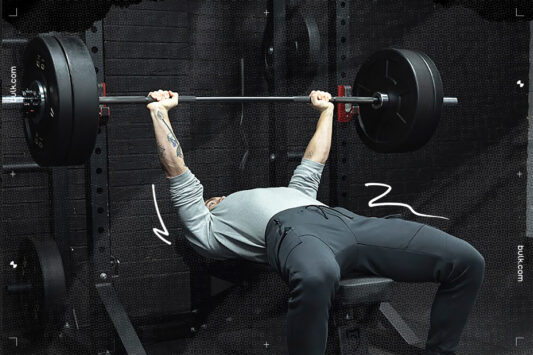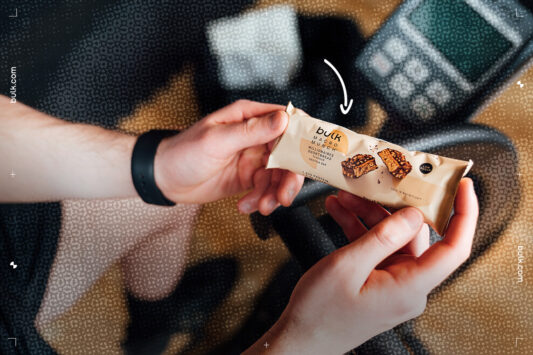Whether you’re a novice lifter or an experienced pro, protein intake vital to achieving your fitness goals. But how much protein to build muscle is dependent on many things. Here we answer all, including how much protein you need per day, and how to calculate it.
How much protein per day to build muscle? Quick answer
How much protein to build muscle is influenced by factors such as, sex and training status (whether a person is a novice lifter, intermediate or advanced).
The amount of protein varies, but a general guideline is around 1.6 to 2.2 grams of protein per kilogram of body weight per day. A simpler way of calculating is to use lbs. Eating 0.8-1g of protein per 1 lbs of body weight.
So, if you’re an 80kg (175lbs) person, this equates to 140-175g protein per day.
How much protein per kg to build muscle?
1.2-2-2g.
How much protein per lbs to build muscle?
0.8-1g per 1 lbs.
For a person weighing 180lbs, this would be around 160-180g protein per day.
What is protein?
Protein is a macronutrient essential for the proper functioning of the human body. The most important bulking foods. Comprising of amino acids, proteins play a crucial role in various bodily functions.
They contribute to the growth and repair of tissues, support immune function, and act as enzymes facilitating biochemical reactions. Proteins also serve as a source of energy, although their primary role is often associated with muscle development and maintenance.
Dietary sources of protein include both animal and plant-based options, offering a diverse range of amino acids necessary for overall health and wellbeing.
Whey protein powder is a popular supplement used to increase daily protein intake in a convenient, inexpensive manner.
How much protein do you need for a healthy balanced diet?
As a general guideline, adults should aim for about 0.8 grams of protein per kilogram of body weight. However, for those looking to gain muscle, 1.2 to 2.2 grams per kg of body weight (or 0.8-1g per lbs of body weight).
It’s essential to include a variety of protein sources in your diet, such as lean meats, poultry, fish, dairy products, legumes, nuts and seeds. This ensures a well-rounded and balanced nutrient intake. (And prevents you from getting bored and sacking off your diet).
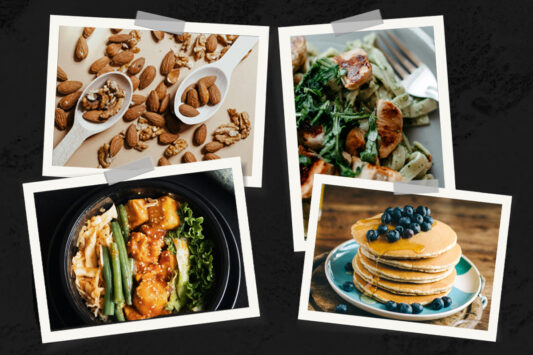
How does protein build muscle?
Protein is crucial for muscle growth as it provides the necessary building blocks, amino acids, that aid in the repair and synthesis of muscle tissues.
When you engage in strength training or resistance exercises, small muscle fibres get torn and broken. Protein consumption supports the repair process, promoting muscle hypertrophy and strength development.
Think of it like breaking down a brick wall, and building it up again, but bigger and stronger. You can imagine protein as the bricks.
How to calculate your protein requirements for muscle mass
To calculate your protein requirements for muscle mass, you can use a simple formula. Aim for approximately 1.6 to 2.2 grams of protein per kilogram of body weight.
Those training more frequently (say, up to five times per week) may want to adjust this to the higher end. Those training less, to the lesser end.
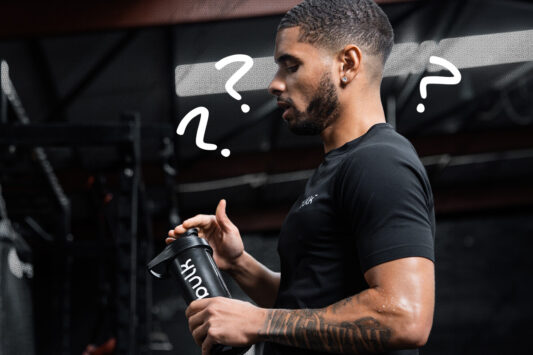
When should you eat protein to build muscle?
Timing matters. Or does it?
For years, it was asserted that you need to consume protein immediately post-workout to maximise results. But many studies, like this one on nutrient timing, doubt its existence.
“Despite claims that immediate post-exercise nutritional intake is essential to maximize hypertrophic gains, evidence-based support for such an “anabolic window of opportunity” is far from definitive.”
See? Doubtful. That said, another more recent study states that “Furthermore, despite recent suggestions that one does not “need” to consume protein during the immediate (1 h or less) post-training time frame, it should be emphasized that consuming nothing offers no advantage and perhaps even a disadvantage”.
This is especially true for advanced lifters, another piece of evidence that suggests training status matters when considering protein supplementation strategies.
So what do we take from all this?
If you meet the daily amount highlighted above, don’t worry too much about when to eat protein. It’s a better idea to focus on the quantity of protein, rather than timing.
However, if it’s convenient to eat within a couple of hours post-training, you might as well do it. There’s no advantage if avoid it.
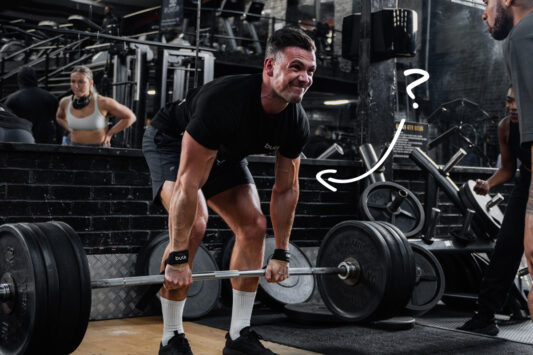
High-protein foods to build muscle
Incorporating high-protein foods into your diet is vital for muscle building. Include sources like lean meats, poultry, fish, eggs, dairy products, legumes, nuts and seeds.
These foods provide a diverse range of amino acids essential for robust muscle development. Balancing protein sources ensures a well-rounded nutrient intake conducive to muscle growth.
What are the best protein supplements for building muscle?
There are many different types of protein powder, all of which have the obvious benefit of increasing your daily protein intake.
For those concerned with building muscle mass, a Mass Gainer protein powder is recommended. With 500 calories and 40g protein per serving, this is especially useful for those who struggle to put on weight.
For those looking to gain muscle but in a more controlled way, regular whey protein or whey protein isolate is a better way to go. These powders have low carbohydrate and fat macros. 20g protein and around 110 calories per serving.
As well as powder, adding protein-rich snacks is a great way to supplement your regular diet. Replacing chocolate bars with protein bars, for example, is a simple switch that bulks up your protein intake.
RELATED ARTICLES: How much protein to build muscle?
Looking to learn more? We believe that every person has the right to transform their lives through fitness. That’s why we’ve put together hundreds of articles with expert advice, all to help you on your fitness journey.
How is protein powder made?
Can you have a protein shake for breakfast?
Beginner’s Guide to Protein
When to drink protein shakes
Protein Powder for Beginners
Are protein bars good for you?
Which Amino Acids are for you?
